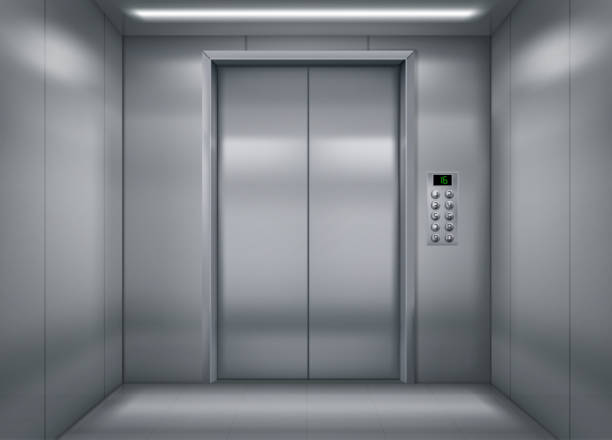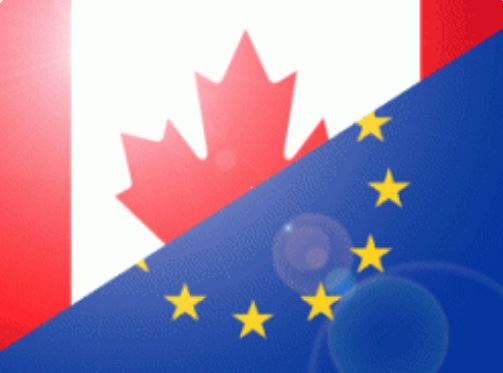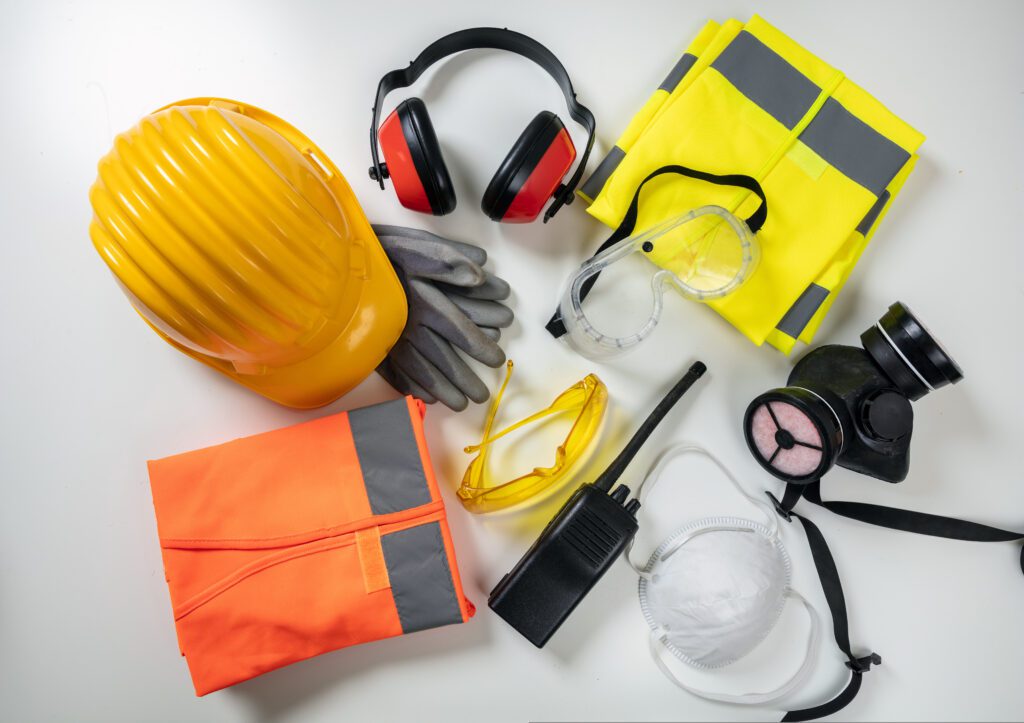An Overview of Electronic Product Regulations in the United States

So you have your electronic product ready to go, but now you are unsure what type of certification it might require in order to enter the United States. Depending on the product, there may be mandatory testing requirements, or just voluntary. Either way, it is recommended that you opt for voluntary testing to ensure the safety of your product as if there are any repercussions that result from negligence, there could be a severe impact on the reputation of your product and your company.
FCC
Firstly, when considering electronic devices, FCC regulations are important. Many electronic devices are covered under the FCC title 47 CFR Part 15 and must comply with this regulation before they are placed on the US market. FCC Part 15 concerns the interference of spurious emission and low-power broadcasting, which covers electronic devices with radiators and a CPU of 9kHz or higher. For example, the following products are covered by FCC:
- Computer desktop and laptop
- Cellular/mobile phones
- Wireless LAN devices
- Radio enabled devices
- Bluetooth devices
- RF remote controlled devices
FCC-covered products must be tested by FCC-recognised testing companies and obtain FCC certification for compliance requirements. There are several Certification Bodies that can provide comprehensive FCC services for your product/s including lab testing, certification, conformity assessment, and many other services.
In addition, an FCC Supplier Declaration of Conformity (SDoC) is required to be obtained by an accredited laboratory in order to ensure that your product meets the designated standards. The SDoC must include the following details:
- Issuing company
- Address
- Phone/Fax
- Product name
- Model number
- Applicable standard
- Representative name and signature
- Date
UL Standards
Another standard to take into consideration for your product is the UL Standard, which is a voluntary standard unless the company has been incorporated into federal or state regulations. However, service providers such as Amazon require that many electronic products are compliant with one or more of UL standards. So essentially, UL certification is almost mandatory if you intend to sell products in the United States. Examples of UL standards include:
- UL 1876 – Standard for isolating signal and feedback
- UL 60065 – Standard for safety requirements of electronic apparatus
- UL 2097 – Standard for double insulation system for use in electronic equipment
In order to obtain UL certification and compliance, there are a few ways through which this can be accomplished. Firstly, there is UL Listing. UL listed products are products that have been tested upon specific requirements. These products would be marked with the UL mark for recognition. UL Recognition indicates that product components such as power supply and external devices are safe to be placed on the market. Additionally, UL Classification indicates that the product meets particular UL safety requirements.
Another Nationally Recognised Testing Laboratory (NRTL) is ETL. ETL, along with UL, provides independent safety inspection and certification on products. Unlike UL, ETL does not develop its own standards for evaluation. Instead, they test electronic products against applicable standards in North America such as:
- ASME
- ASTM
- ANSI
- CSA
- NFPA
- NOM
- NSF
- UL/ULC
ETL Certification programs can help to certify your product before it enters the US market. For example, they can help with conformity assessments, lab testing, strategy development, and documentation.
CPSC Regulations
There are also CPSC Regulations that apply to electronic products to regulate product safety including risks, injury or death associated with the use of products. Some specific electronic products are covered under the Consumer Product Safety Act (CPSA). This includes products with extension cords, hand-supported hair dryers, and seasonal and decorative lighting. It is advised to contract a reputable testing company to help determine whether your products are covered by CPSA or other regulations.
General Certificate of Conformity (GCC)
Finally, there is also the General Certificate of Conformity (GCC) for certain electronic products that are entering the United States marketplace. Even when all applicable requirements are confirmed, it may be required to self-issue a GCC. This must be supported with test reports according to the declaration. Some examples of electronic products that are covered by the GCC are power mowers, garage door openers, and refrigerator doors.
Other things to keep in mind
In addition to these key regulations and certifications, it’s important to bear in mind other sub-sectors such as electronic children’s products (covered by the CPSIA), the Energy Policy and Conservation Act (EPCA), and US State Regulations, which may also be applicable to your product. It is important to seek advice from a reputable organisation or agency that can assist you with ensuring that all components have been taken care of to avoid any issues in the future.
While the United States market is a little tricky to navigate when it comes to product compliance and certification, with the right preparation and advice, your products can enter the market safely and effectively.
Find More Insights

Construction Products Regulation 2013

The lifts and safety components of lifts Directive 2014/33/EU

CETA, Trade agreement between the EU and Canada

Personal Protective Equipment (PPE) Regulation EU 2016/425

Full-service product compliance
Leave it to us.
